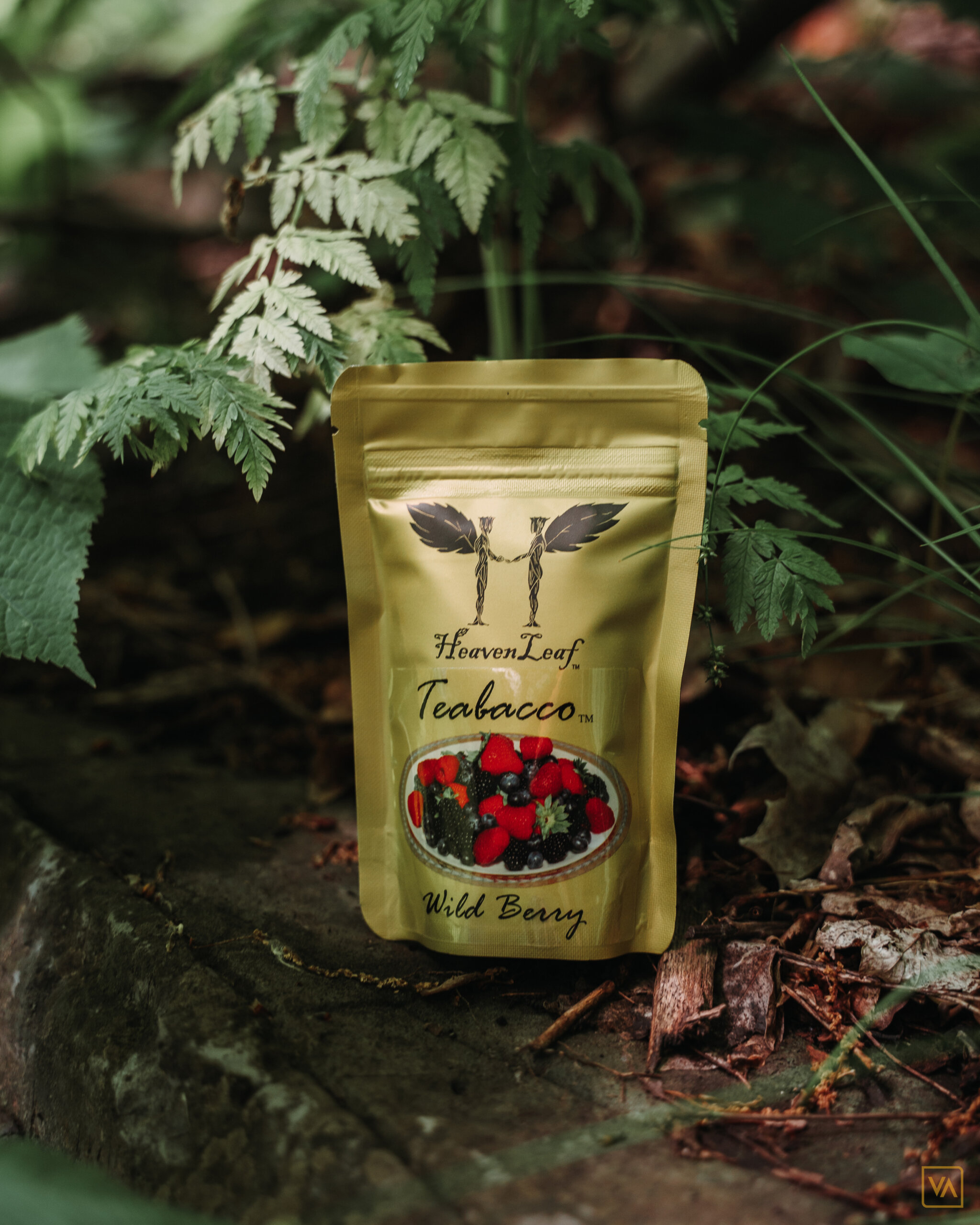
The Real Reason Behind Shisha's Ban in Canada: Unveiling the Truth & Sparking Legal Change
Welcome to a thought-provoking session at Shisha Nova, where we're not just about enjoying the aromatic world of shisha but also delving deep into its cultural, legislative, and economic aspects.
Today's topic takes us on a journey through the intricate landscape of Canadian regulations, revealing the real story behind the shisha ban in Canada. It's a narrative filled with twists and turns, taxation tales, and a community's enduring spirit for fair play.
A Taxing Tale:
The Crux of the Matter
Let's set the scene: Shisha, once a product enjoyed freely across Canada, untaxed and celebrated for its cultural significance, faced a dramatic shift. As government agencies recognized its tobacco content, the Canadian Alcohol, Tobacco, and Firearms Board stepped in, and the taxation saga began. Shisha was taxed not on the tobacco alone but on the entire 250g of the product. This included the molasses, flavorings, and the tobacco, leading to prices that sent consumers reeling and pushed legal shisha to the brink of affordability.
This shift in taxation policy didn't just affect prices; it fundamentally altered the landscape of shisha culture in Canada. What was once an accessible and popular pastime started to become a luxury few could afford. The unique and cherished tradition of gathering around a shisha, sharing stories, and enjoying its varied flavors, became increasingly harder to carry out.
The Flavor Ban:
The Turning Point
The plot thickens between 2015 and 2018 when a nationwide clampdown on menthol cigarettes and flavored tobaccos swept across provinces. Shisha, with its rich variety of flavors, was inadvertently caught in this wide net. It's important to note that the ownership and personal use of shisha remain legal; the regulations primarily impact the sale and commercial distribution of flavored shisha. As a result of these regulations, establishments that once buzzed with the communal spirit of shisha sessions stood silent, and a significant cultural pastime was edged into the shadows. This distinction is crucial, as it highlights the targeted nature of the regulations, affecting not just the product but also the vibrant culture surrounding its communal enjoyment.
The Black Market Blossoms: A Dire Consequence
As legal options dwindled and prices soared, a black market bloomed in response. Shisha enthusiasts, driven by prohibitive costs and a love for the tradition, turned to underground sources. This move, while economically driven, opened up a range of issues concerning quality, safety, and legal risks.

The Industry's Stand:
A Battle for Fairness
In the midst of these challenges, industry partners and advocates, including those from our Shisha Nova community, have been steadfast in their efforts. They've engaged in dialogue, challenged unfair taxation, and called for recognition of shisha's unique cultural and recreational role. Despite their efforts, the call for a fair tax based on actual tobacco content has yet to be answered, leaving many to wonder about the future of shisha in Canada.
The Current Landscape:
A Tale of Resilience
Even with these hurdles, the spirit of the shisha community remains unbroken. In provinces like Alberta, where the flavored tobacco ban does not extend to shisha, the culture persists, albeit under the heavy shadow of taxation. Across the country, shisha enthusiasts and business owners continue to advocate for recognition, fair treatment, and a place for shisha within Canada's multicultural tapestry.
A Comparative Insight: Shisha's Plight vs. Marijuana's Flight
As we navigate through the complexities of shisha regulation in Canada, it's worth drawing a parallel to another substance that has recently undergone a dramatic legal transformation – marijuana. The journey of cannabis from illegal to legal is not just a story of changing social perceptions but also one of economic calculus. When the government legalized marijuana, it was largely driven by the potential for regulation, control, and taxation, which promised substantial revenue.
In contrast, shisha, while culturally significant and widely enjoyed, has been pushed to the periphery, burdened by heavy taxation and strict regulations. The stark difference in the government's approach to these two substances raises important questions. Why is one substance given a path to legality with an eye on economic benefits, while the other is heavily taxed and restricted, even though both are used by adults in controlled settings?
This comparison isn't about the substances themselves but rather the inconsistency in regulatory logic. It highlights the need for a balanced approach that considers cultural significance, health implications, and economic benefits. If proper regulations and fair taxation can be implemented for marijuana, advocates argue, why not for shisha? This juxtaposition underscores the need for regulations that are not only fair but also consistent, recognizing the cultural importance of shisha and its place in the social fabric of Canada.
Balancing the Health Narrative: Shisha, Alcohol, and Public Policy
In discussing the regulatory landscape of substances like shisha and marijuana, we must also touch upon the health aspect and how it's handled in public policy. Alcohol, a substance widely accepted and legally consumed in Canada, provides a thought-provoking comparison. Despite its well-documented potential for abuse and health risks, alcohol is not only legal but culturally integrated and subject to government regulation and taxation that balances use with public health considerations.
The legal status and social acceptance of alcohol, despite its health implications, underscore a disparity in how we view different substances. Shisha, like alcohol, does have health risks associated with its use, particularly when used excessively. However, the approach to shisha has been largely prohibitive, focusing more on restriction than on education, moderation, and harm reduction. This is in contrast to alcohol, where education, responsible consumption, and regulated access form the crux of its legal framework.
By comparing shisha with alcohol, we're not advocating for lax health policies but rather for a consistent, fair approach that recognizes cultural significance, personal responsibility, and the possibility of regulated, moderate use.
Just as regulations, education, and support structures are in place to mitigate alcohol's health risks, similar strategies could be employed for shisha. This would ensure that individuals are informed and can enjoy shisha as part of cultural and social practices responsibly and safely.
Be the Change: Sparking Change Together
This story isn't just about shisha; it's about community, culture, and fairness. It's about ensuring that traditions aren't lost in translation or caught in the crossfire of broad regulatory measures. And you, our Shisha Nova family, play a crucial role in this narrative.
How You Can Make an Impact:
-
Become Informed and Inform Others:
Knowledge is the foundation of advocacy. Understand the nuances of the issue and share this knowledge with others. -
Sign Up for Our Advocacy Newsletter:
Stay on the pulse of the movement, with updates on developments, advocacy tips, and ways you can make a difference. -
Participate in Petitions and Campaigns (click to sign):
Add your voice to the collective call for change. Every signature, every campaign participation counts. -
Spread the Word:
Use your social networks, conversations, and community influence to raise awareness. -
Engage Directly with Decision Makers: Find & contact your local MP now.
Reach out to local representatives, and engage in public consultations. Make your voice heard in the corridors of power. -
Support Legal and Responsible Shisha Consumption:
Advocate for and engage in legal, responsible shisha consumption that respects laws and health guidelines.
Conclusion: A Path Forward
The journey to fair shisha regulation in Canada is indeed long and filled with challenges. Yet, with every step taken by informed, passionate advocates, we move closer to a future where shisha is not only enjoyed but also respected and fairly regulated.
So there you have it!
Together, let's keep the conversation going, the coals burning, and the community thriving. Here's to a future where shisha is celebrated as a part of our diverse cultural landscape, enjoyed responsibly and freely by all.
MOST POPULAR
-
 Dschinni Botan Hookahs
Dschinni Botan Hookahs
CAD $320.00CAD $240.00 -
 Dschinni Carbon Black Mouthpiece
CAD $24.99
Dschinni Carbon Black Mouthpiece
CAD $24.99
-
 Xschischa Candy Colour
CAD $15.99
Xschischa Candy Colour
CAD $15.99
-
 Dschinni Rucksack Hookah Travel Bag
CAD $69.99
Dschinni Rucksack Hookah Travel Bag
CAD $69.99
-
 Dschinni Silicone Head Seal Ultra Grip
CAD $3.00
Dschinni Silicone Head Seal Ultra Grip
CAD $3.00
DEALS
 Flat Earth
Flat Earth
 Flower
Flower
 Green
Green
 Light Blue
Light Blue
Dschinni Aluminum Camo Hokus Pokus Wand Mouthpieces
In stock
 Black
Black
 Blue
Blue
 Silver
Silver
Dschinni Aluminum Wand Mouthpieces
In stock
 4KG
4KG
Dschinni Premium Charcoal Cubes
In stock









